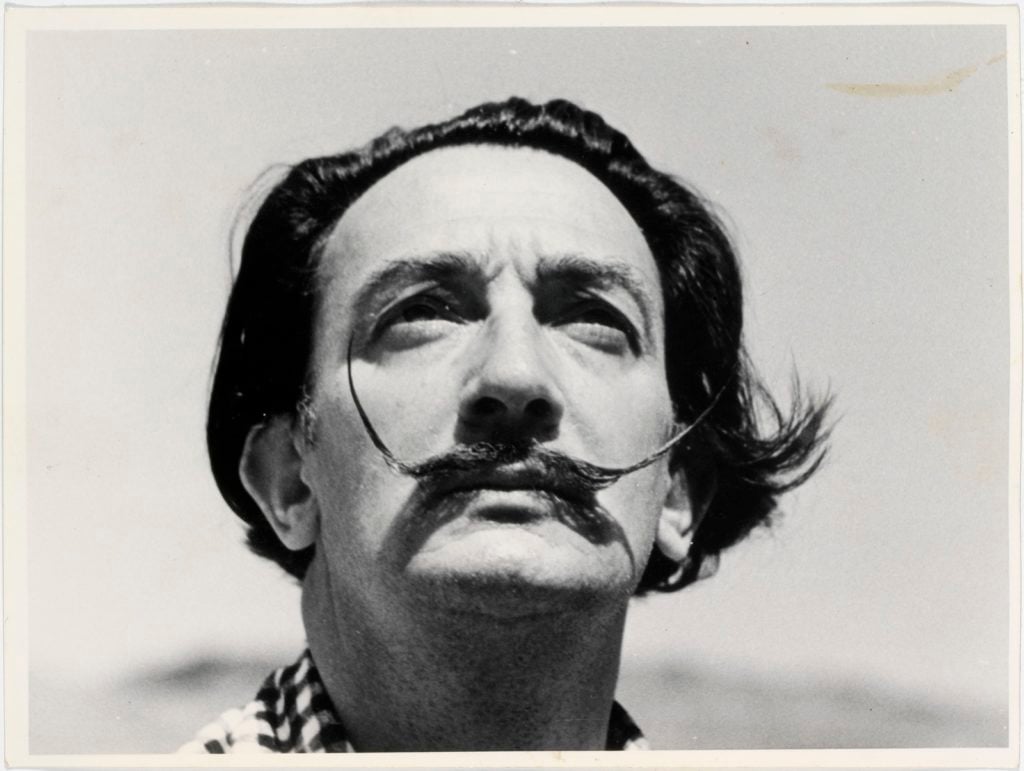People
Salvador Dalí’s Body Will Be Exhumed Next Week as Surreal Paternity Battle Comes to a Head
A Spanish judge has ruled that the legendary artist's body will be unearthed on July 20.

A Spanish judge has ruled that the legendary artist's body will be unearthed on July 20.

Brian Boucher

A psychic’s quest to prove that she is Salvador Dalí‘s daughter is one step closer to fruition. A Spanish judge has ruled that the artist’s body will be exhumed from its elaborate tomb in his hometown of Figueres, Spain, on July 20.
The ruling is the latest development in a two-year saga in which tarot card reader and astrologist Pilar Abel, 61, has worked to prove that she is the offspring of the legendary Surrealist. Last month, she won a court battle to have the artist’s body exhumed in order to have Dalí’s DNA tested against her own. If the DNA is a match and the suit is successful, Abel would be entitled to as much as 25 percent of the artist’s estate, which has been estimated at €300 million ($336 million), reports the Telegraph. According to the artnet Price Database, Dalí’s auction record is $21.7 million, set in 2011 at Sotheby’s London for his Portrait of Paul Éluard (1929).
Juicio por Pilar Abel, la supuesta hija secreta de Salvador Dalí https://t.co/NCere6td6r pic.twitter.com/iCqYGqTBwp
— Terra (@Terra) November 10, 2016
A representative of the artist’s foundation, which has filed an appeal in hopes of halting the exhumation, confirmed that the judge, María del Mar Crespo of the 11th Court of First Instance of Madrid, had informed the foundation of the date and the hour—9:30 a.m. local time—the body would be unearthed.
Abel asserts that Dalí, who owned property in the fishing village of Cadaqués, had an affair with her mother in 1955 when her mother was working as a maid to a family who also often vacationed there. Abel previously had her own DNA tested and compared with hair and skin samples taken from the artist’s death mask; the results were inconclusive.
Abel is represented by lawyer Enrique Blanquez, who tells the Agence France-Presse that the affair was widely known in the village and that some area residents have even testified to the fact before a notary. The Dalí Foundation’s in-house lawyers work with law firm Roca Junyent. The foundation declined to make them available for an interview.